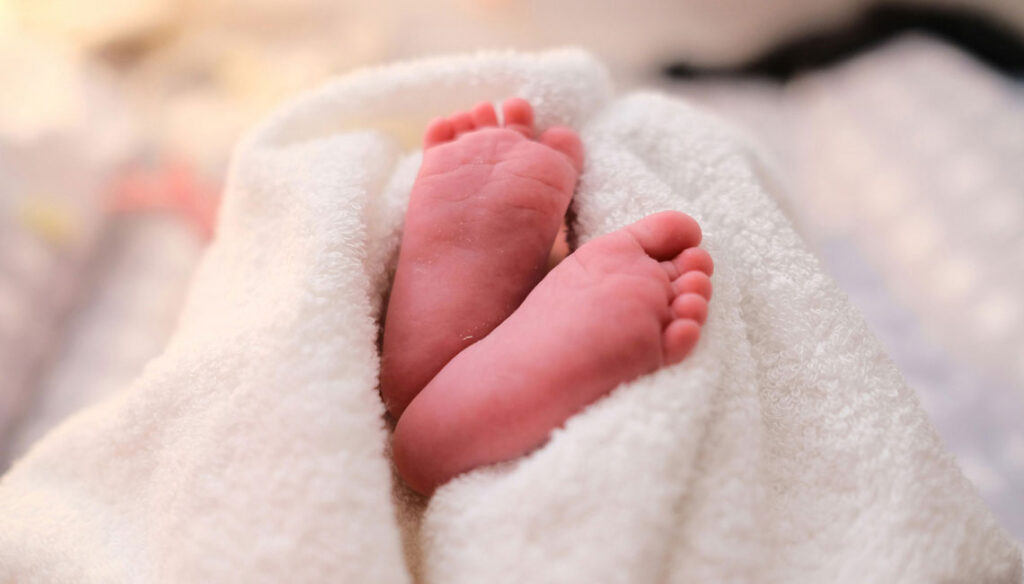
In Latin America, funeral traditions when a baby dies vary between countries and regions, but they share a common respect for the life of the child and the desire to honor their brief time in this world.
The “Little Angel Ritual” is one of the best-known in countries such as Mexico, Colombia, Paraguay, Chile, and among others. It is considered an event of joy since it celebrates the purity of the newborn and its direct path to Heaven.
Mexico: the “Little Angel” who returns to heaven
In Mexico, when a baby dies, he or she is considered a “little angel” who has returned to heaven. The baby is dressed in white clothes and placed in a small coffin of the same color. According to researchers, in the New Spain tradition, rockets were launched, candles were lit and flowers were used to crown and cover it during the burial. They also touched congratulations — music dedicated to the farewell of the little angels —, while they dressed them.
Peru: Andean farewell rituals
There are findings that in pre-Hispanic cultures, newborns were buried in vessels, as a way to simulate the mother’s womb. Families kept them in their homes because they considered them something sacred. Today, the rituals preserve dances of pre-Columbian origin; During the funeral, they dress the child in his best clothing and decorate him with flowers; On the way to the cemetery, the guests dance and sing, and the mother acts scenes of pain.
After death, it is first announced to the godparents. If the baby is not yet baptized, they use the relief water to ask the apus (spirits that live in the hills) to “take care of them from fear.” That consists of sprinkling water on his head while praying.
Paraguay: without crying so as not to hinder the trip
The godmother is the one who prepares the baby for his viewing. A sheet that simulates the sky is placed on the ceiling, the room is filled with colors with paper flowers, wings are put on the child and a thread is placed around his waist, which will help his godmother enter paradise at the time of birth. die. Crying is prohibited throughout the ritual, since the mother’s tears moisten the baby’s wings and path, preventing it from flying.
It is known that in the 19th century, some took advantage of the “Velorio del Angelito” to market. They lent the deceased baby to continue the celebration (wake) in another house and sell alcohol. Some narratives mention that parents who could not afford funeral expenses donated the body to cantinas so that they could provide singing, music and drinking, and charge for it. Parents had the concession of not paying for what they drank.
Colombia: games to preserve joy
In the southwest of the country, funeral traditions are also characterized by their playfulness. Afro-descendant communities say goodbye to children from 0 to 12 years old with dances, songs and games, such as pachacajón. This helps to keep the spirits of parents and neighbors from falling. Traditional instruments such as bass drums, cununos and guasás accompany the choirs; The most played song is “El bon voyage”.
Chile: hot drink for the soul
Not very different from the others, in Chile, some communities celebrate this ritual with burning incense, a liquor known as “gloriao” and a midnight dinner. The drink is traditional in the country, prepared with burnt sugar, brandy and boiled water. The child is dressed as a little angel, with a white tunic with light blue details and a bouquet of white flowers in his hands. They also avoid crying so as not to harm the child’s soul.
Funeral traditions in Latin America when a baby dies are a mixture of pain, joy, and hope. Each country and region has its own customs, but they all share a deep sense of community and mutual support. At Del Pueblo Funeral Home we honor those little angels’ memory and respect each family’s beliefs, making the most difficult moments easy.
